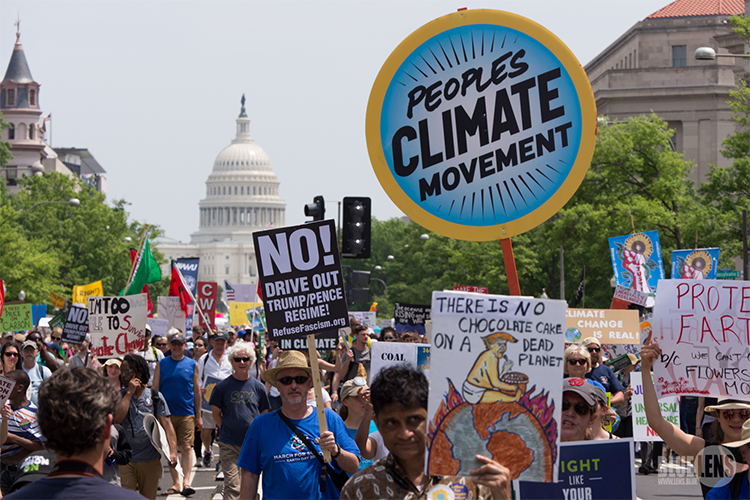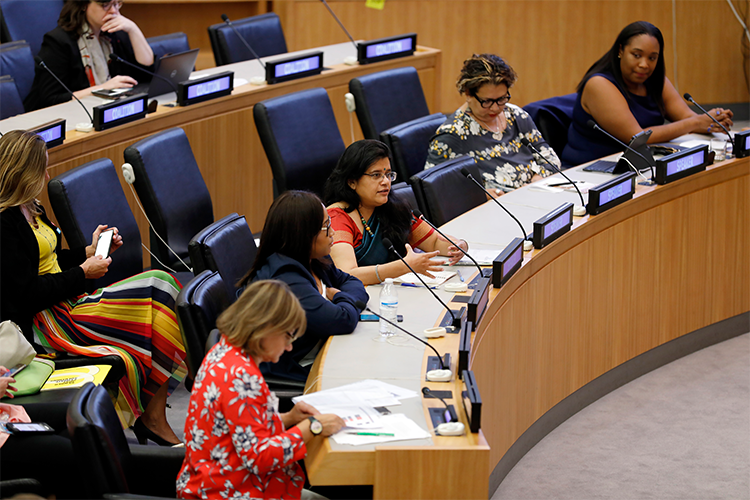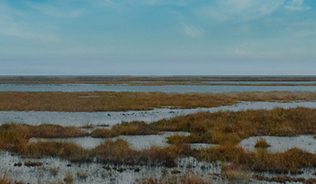
Gary Kass is Visiting Professor of Sustainability Science, Policy and Practice at Imperial College; Honorary Professor of Geography at the University of Nottingham; Vice-President of IES and Chair of IES External Policy Advisory Group; and a Member of the Office of Environmental Protection College of Experts.
When I started my career in environmental science in the mid-1980s, there was no such thing as sustainable development, let alone sustainability or sustainability science. But in 1987, Dr Gro Harlem Brundtland, the then Prime Minister of Norway (and later Director General of the World Health Organisation and a member of the ‘Elders’ founded by Nelson Mandela) published the ground-breaking, paradigm-shifting report of the World Commission on Environment and Development, titled Our Common Future – more widely known as the Brundtland Report. It was this report that brought the phrase ‘sustainable development’ to the world, defining this as “development that meets the needs of the present without compromising the ability of future generations to meet their own needs”.
So, I was delighted to attend a lecture given by Dr Brundtland at Imperial College on 29th October, and excited by the prospect of what she was going to say about “Reclaiming Our Common Future” (the title of her speech). Dr Brundtland was the person who set the course of my career, and set me on a quest towards shaping a more sustainable future.
Dr Brundtland’s lecture was subtitled “The pursuit of shared purpose in an age of division”, and she began by reasserting the notion of shared humanity, quoting the African notion of Ubuntu translated as “I am because we are”. She made clear that this resonates strongly with the principles of sustainable development set out in her report in 1987. Those principles remain entirely appropriate in 2025 — although in a completely changed global context; one that she described as facing significantly greater complexity and more entrenched conflicts; but also where the issues of climate change, biodiversity loss, inequality and unregulated growth of AI are now no longer what might happen, as they are happening now.
Dr Brundtland focused on how the issue of climate change intersects with health, armed conflict and geopolitical tensions and with technology, noting that asking ChatGPT a question uses ten times more energy than a simple internet search. While acknowledging the huge benefits of the ‘progress’ we’ve seen, Dr Brundtland underlined the huge inequities in how both the costs and benefits of such progress have been shared; with nationalist, populist, short-term and narrow self-interest concentrating the benefits within a narrow range of the population.
The issue of the green backlash formed a key aspect of her lecture, citing the recent scuppering of the emissions reduction treaty at the International Maritime Organisation. She outlined how the Intergovernmental Panel on Climate Change was under attack; with carefully focussed arguments against the very idea of science-informed policy, for example the US Administration’s accusations that climate change is the biggest hoax ever.

A 2017 climate protest in front of the US Capitol Building, Washington DC. © Mark Dixon via Flickr / Climate Visuals - Creative Commons.
But her lecture was not just a polemic — Dr Brundtland bravely stated that a “bold response” was needed to “stand up” to such an assault. Looking ahead to the forthcoming Climate COP in Belem in November, she made clear that this was an opportunity to demonstrate the power of collaboration, and not to fall into squabbles driven by narrow nationalist competition. Dr Brundtland made a spirited defence of the idea of ‘multilateralism’, arguing that civil society is needed within this to help drive governments and others to act. She warned that there is “no excuse for fatalism or buck-passing” and it’s imperative that we have an inclusive approach, promoting dialogue with civil society.
Referring to the emergence of the UN Sustainable Development Goals (SDGs) and the Paris Agreement in 2015, Dr Brundtland made clear that, a decade on, we remain dangerously off-track on the majority of the Goals, and that we’re facing serious tipping points in the earth system. But again, to avoid climate doomism overwhelming us, she celebrated the power of multilateralism in bringing down the estimates of global mean temperature rise by 2100 from 5 degrees to 3 degrees. This may not sound much, but a 5-degree world would be a hugely more dangerous place than a 3-degree world (although 3 degrees isn’t a walk in the park, so we can’t rest there). So multilateralism is key, but it also happens beyond the conference rooms at COPs, making clear that we all have a role to play; through individual action, activism, youth leadership and what she described as a “new era of legal power” following the recent judgement by the International Court of Justice that people can sue governments for not acting to reduce greenhouse gas emissions. This, Dr Brundtland declared, has “put governments on notice!”
Nevertheless, she admitted it is hard work to sell the idea of shared purpose, given the state of public finances and the rise of populist anti-science, disinformation and conspiracy theories, and how these undermine the trust in science. She described recent announcements (or even denouncements) by the US Administration as “irresponsible” and encouraged us to “uphold scientific integrity and promote truth, not succumb to simplistic populist rhetoric”.
In closing, and returning to the title of her lecture, Dr Brundtland made clear that to reclaim Our Common Future, and to advance sustainability, we need to promote gender equality, which is of course a moral and economic imperative. While admitting that the intensity of opposition to ideas of shared purpose was not foreseen when Our Common Future was published in 1987, she argued strongly that “women’s leadership is essential to achieve sustainable development”. Dr Brundtland ended her lecture by saying that we are in an “age of division” and so we must demonstrate what can be achieved by working together. We cannot wait for the division to end, and that if some isolate themselves from multilateralism, others must step in.

Women discussing Gender-Responsive Climate Action during Climate Action Summit 2019. © UN Women - Ryan Brown via Climate Visuals
The lecture was met with long and rapturous applause, and was followed by a short Q&A and a panel discussion (available to view on YouTube). Many of the audience came away heartened by Dr Brundtland’s messages and her pleas not to succumb to “fatalism and buck-passing”. I, for one, feel re-energised to continue the quest for sustainable development. Like all global change movements, it won’t be easy, and it won’t be quick, but we should keep going and recognise that sustainable development is a journey not a destination.
Header image credit: © samael334 via Adobe Stock





